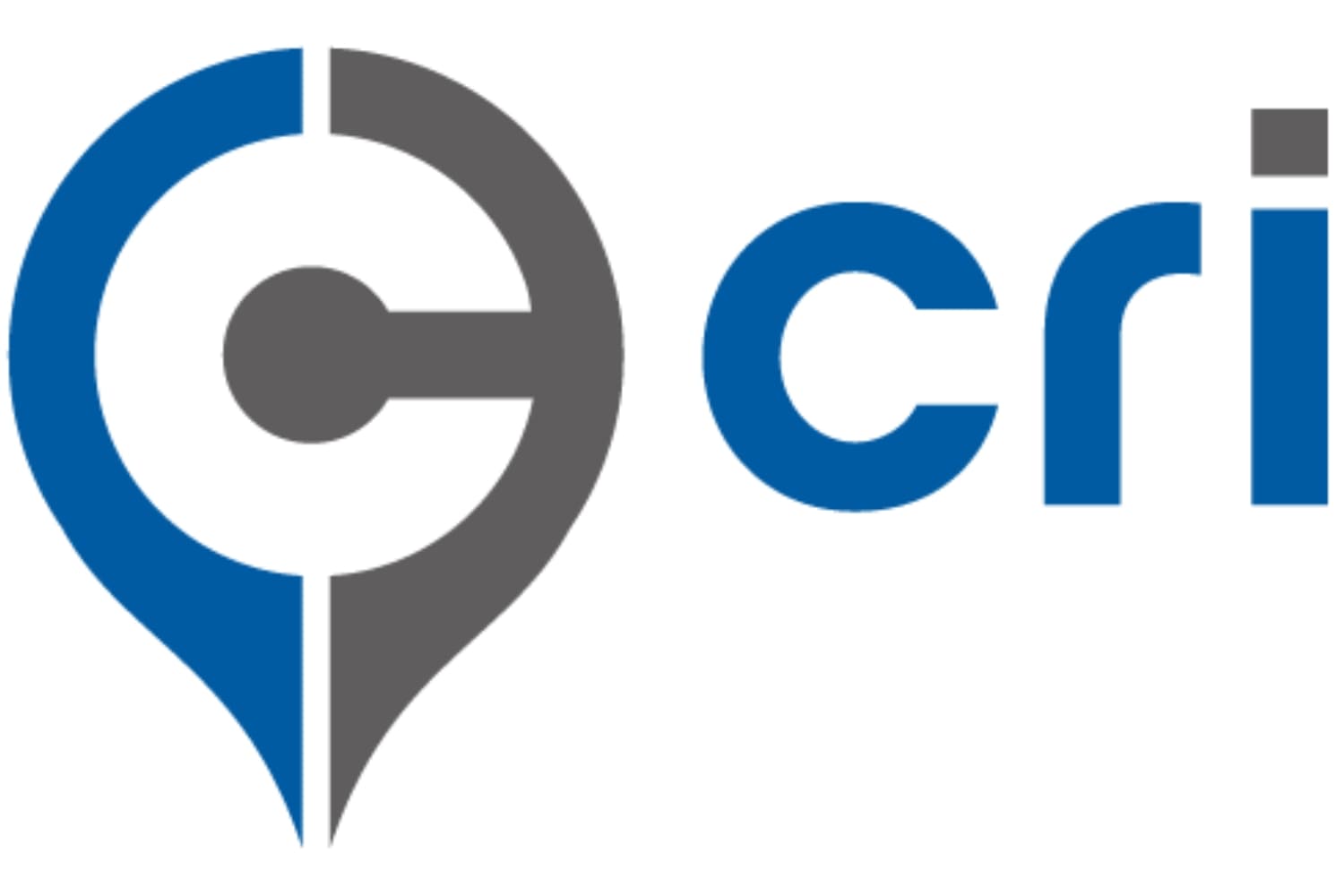In today’s interconnected world, digital footprints—the trail of data left behind by individuals through their online activities—have become a crucial consideration for businesses, particularly for human resources teams. As the gatekeepers of organizational culture and talent acquisition, HR professionals must navigate the complexities of digital footprints to ensure ethical hiring practices, safeguard company reputation, and foster a positive workplace environment. Ignoring the impact of digital footprints can lead to missed opportunities, legal complications, and reputational harm.
Why Digital Footprints Matter for HR
1. Evaluation of Applicants
A candidate’s digital presence often provides additional insights into their personality, values, and behavior. While resumes and interviews offer structured information, online profiles, social media activity, and published content reveal a more unfiltered view. HR teams can evaluate whether a candidate aligns with the company’s values and culture, identifying potential red flags or confirming positive attributes. For instance, a professional LinkedIn profile that highlights community engagement or innovative projects can enhance a candidate’s appeal.
On the other hand, careless posts or controversial opinions on public platforms may raise concerns about judgment, communication skills, or professionalism. By combining traditional evaluation methods with a careful review of digital footprints, HR can build a more holistic understanding of candidates.
2. Reputation Management
Hiring someone with a problematic digital footprint can impact a company’s reputation. Inappropriate posts, offensive language, or unethical behavior online may tarnish the image of both the individual and the organization they represent. Modern consumers and clients increasingly value corporate responsibility, and an employee’s public actions can reflect on the entire organization.For example, a senior executive’s history of divisive social media comments could spark public backlash, damaging stakeholder trust. By reviewing digital footprints, HR can mitigate reputational risks and ensure new hires contribute positively to the brand’s public image.
3. Legal and Ethical Considerations
While analyzing digital footprints, HR teams must remain compliant with legal and ethical guidelines. Accessing private or irrelevant information could lead to discrimination claims or invasion of privacy allegations. Clear policies and transparent processes ensure that digital footprint evaluations remain fair and lawful. For instance, reviewing public social media content is generally acceptable, but delving into private communications or asking for social media passwords crosses ethical boundaries.
Tips for HR Teams to Handle Digital Footprints Effectively
1. Establish Clear Policies
Develop guidelines for reviewing digital footprints that emphasize relevance and transparency. Clearly communicate these policies to candidates and employees to foster trust and accountability. Define what types of online information will be reviewed and ensure these practices align with organizational values and legal standards.
2. Focus on Professional Platforms
Prioritize reviewing professional online presences, such as LinkedIn, over personal platforms. This ensures assessments remain relevant to job qualifications and workplace behavior. A candidate’s professional posts, endorsements, and connections often provide valuable insights without infringing on personal boundaries.
3. Provide Training
Equip HR staff with training on ethical digital footprint evaluations. This includes understanding bias, recognizing red flags, and respecting privacy boundaries. Well-trained HR professionals can balance the need for thorough assessments with a commitment to fairness and respect.
4. Encourage Employees to Maintain Clean Digital Footprints
Promote awareness among employees about the importance of their online presence. Workshops or resources on personal branding and social media etiquette can help employees maintain a professional digital image. Encourage employees to periodically audit their online activity and adjust privacy settings to avoid unintentional exposure of sensitive information.
Benefits of Clean Digital Footprints
For organizations, clean digital footprints among employees lead to:
- Enhanced Trust: A workforce with positive online behavior builds trust with clients and partners. Employees who demonstrate professionalism online reinforce the organization’s credibility.
- Stronger Culture: Employees who align with company values contribute to a cohesive workplace culture. Positive digital behavior fosters collaboration and mutual respect.
- Reduced Risk: Ethical hiring practices and careful assessments minimize potential legal and reputational challenges. By addressing issues early, HR teams can avoid costly mistakes and disruptions.
The digital age has made it imperative for HR teams to integrate digital footprint evaluations into their hiring and employee management strategies. By balancing diligence with ethical practices, HR professionals can protect their organizations while fostering an environment of respect and accountability. Clean digital footprints are not just about avoiding mistakes—they’re about building a professional legacy that benefits individuals and businesses alike.
By staying proactive and maintaining a forward-thinking approach, HR teams can turn digital footprints into valuable tools for strengthening their workforce and enhancing organizational resilience. In doing so, they pave the way for sustainable growth, employee satisfaction, and a robust professional reputation.

